1. “We Didn’t Have Google, and We Survived!”

Boomers often love to remind younger generations how they navigated life without the crutch of Google and smartphones. It’s almost a badge of honor for them, as if their brains had to be in overdrive to absorb and remember every single thing. If they wanted to find something out, they had to head to the library, flip through an encyclopedia, or, heaven forbid, call someone for the answer. It’s a far cry from today’s world where we can have an answer to almost anything with just a few taps on a screen. In their eyes, this method of searching for knowledge is a testament to their ability to problem-solve and be resourceful in a world that wasn’t as instant as it is now says BuzzFeed.
In contrast, younger generations often don’t understand the sheer patience required for the process. They can’t quite grasp why anyone would choose the slow path of rifling through books and newspapers, especially when you can find any information online in seconds. To them, using a search engine is just the default, and the thought of doing anything else feels a bit like trying to reinvent the wheel. For Boomers, however, the feeling of accomplishment when they finally found what they needed—often after hours of effort—was part of the journey. While it may seem old-fashioned now, there’s a sense of pride in having lived through that process without needing to rely on digital shortcuts.
2. “We Walked to School, Uphill Both Ways!”

When Boomers talk about their school days, they often love to mention how they had to walk miles to get there, rain or shine, with a sense of accomplishment that makes it sound like a heroic feat. The infamous “uphill both ways” phrase has become iconic, a metaphor for their uphill battle in life (even if the geography didn’t always line up) explains Union-Bulletin. For them, walking to school was just another part of their daily routine, and they did it without the luxury of buses, car rides, or the countless ways modern kids get a ride. They see this as part of the “toughening up” process that helped build character, and they truly believe it’s something that helped them become more independent and resilient.
For younger generations, though, the idea of walking long distances for basic errands is practically alien. With the rise of car culture and school buses, many can’t imagine a time when it was normal to have to trudge through snow or rain, often without the luxury of proper winter clothing. They’re used to getting everywhere quickly and comfortably, thanks to modern transportation options. So when Boomers talk about their uphill journey to school, younger folks are more likely to roll their eyes than sympathize. The contrast between the way things were back then and the convenience they now enjoy is often lost on them, but for Boomers, it’s a simple reminder of the endurance it took to get through each day.
3. “We Didn’t Need a GPS to Find Our Way!”
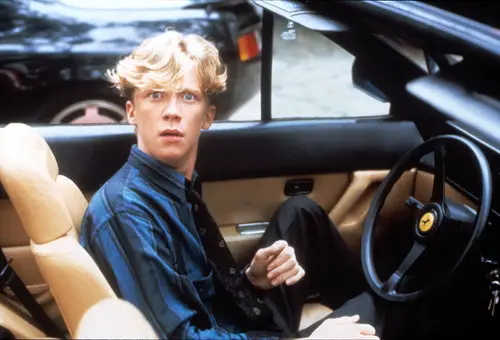
For Boomers, navigating through life was all about paper maps, written directions, or just learning the roads. They take great pride in not relying on a GPS, something they see as a sign of their independence and strong memory. They remember a time when they had to plan ahead, maybe even pulling over to ask for directions or double-checking their route on a map that might as well have been a treasure map for all its complexity. They take satisfaction in knowing the names of streets, highways, and landmarks, and many still pride themselves on their ability to get from Point A to Point B without any technological aid adds Geoawesome.
Younger generations, on the other hand, find this process somewhat baffling. With their smartphones, all they need is a tap to be led directly to their destination, and the concept of getting lost is something they rarely experience. For them, using paper maps feels like a relic of the past, and they often can’t comprehend how someone could navigate a city without the constant reassurance of Google Maps. They just can’t grasp the level of confidence and sense of adventure it took for Boomers to venture out without the safety net of a phone guiding them every step of the way. It’s a different kind of freedom that younger generations haven’t experienced, so it seems a little mystifying to them.
4. “We Had to Entertain Ourselves Without the Internet!”

Boomers often talk about how they grew up without the endless entertainment options that younger generations now have. No streaming services, no social media, and no endless rabbit holes to fall down online—just good old-fashioned creativity and imagination. They spent hours playing outside, reading books, or gathering with friends for card games or other social activities. The world was their playground, and they learned to entertain themselves without ever needing a device to do it for them. They proudly boast about how these experiences shaped their social skills and creativity in a way that today’s digital generation might not understand.
For younger generations, however, boredom doesn’t exist in the same way. With a smartphone in hand, they can scroll through TikTok, watch YouTube videos, or jump into a game with friends all day long. The idea of having to entertain yourself without the help of a screen seems almost incomprehensible to them. Instead of playing outside or making up games, they’ve grown up in a world where the digital realm is always available to fill their time. While Boomers might see their childhood as a golden era of resourcefulness, younger generations might just see it as a simpler—perhaps even outdated—way of life.
5. “We Didn’t Have to Worry About Cyberbullying!”
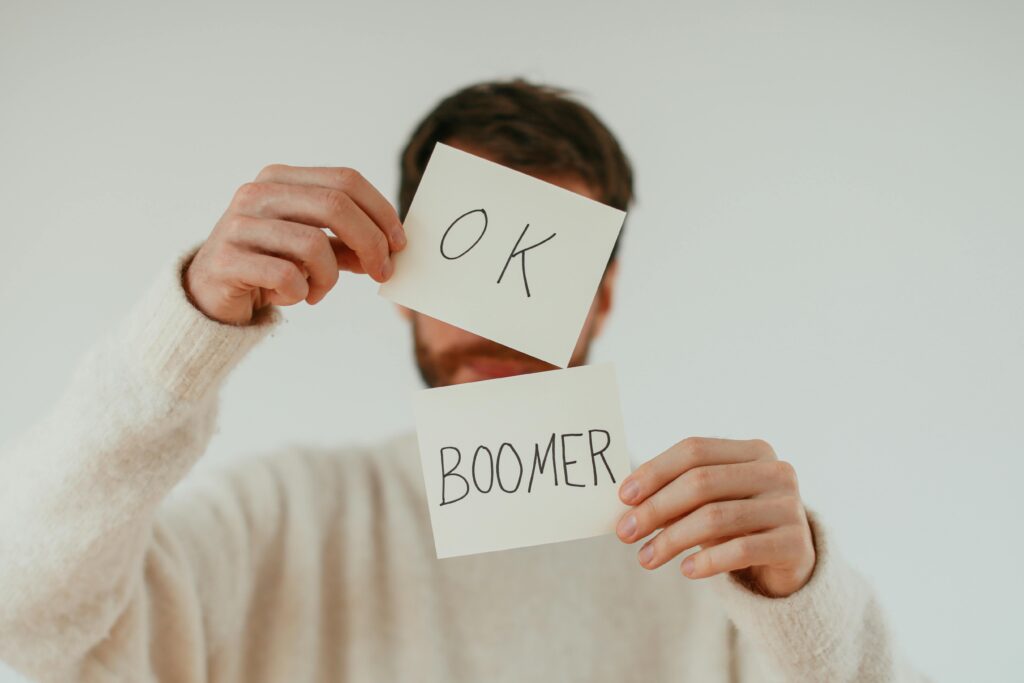
One of the most significant things Boomers often brag about is that they grew up without the constant threat of online bullying or the pressures of social media. They remember a time when kids could be kids without the fear of their every move being broadcast to the world or ridiculed online. Schoolyard gossip was just that—gossip, and it stayed within the walls of the school. They didn’t have to worry about their private lives being invaded or their reputation being tarnished by a single post. Their social lives were confined to face-to-face interactions, and they feel it gave them a healthier, more personal way to form connections.
For younger generations, however, the concept of privacy is much more elusive. The rise of social media and the constant access to digital devices means that bullying can follow them home, invade their spaces, and be relentless. They’ve had to navigate a world where their every post is scrutinized, and where their personal lives are often on display for anyone to see. It’s a reality that Boomers don’t fully understand because it wasn’t something they ever had to deal with. For them, the lack of digital exposure felt like a form of protection, whereas younger people face a new layer of vulnerability that Boomers never had to endure.
6. “We Had to Actually Talk to People on the Phone!”

Boomers often reminisce about the days when phone conversations were a social activity, not just a quick way to send a message. For them, making a phone call meant actually speaking to someone, hearing their voice, and having a conversation. There were no texts, no emojis, and definitely no short replies—just full-on dialogue. And for many, talking on the phone was a way to really connect with someone. They recall long conversations with friends and family, where they’d actually listen, share stories, and laugh. To them, these conversations were an essential part of building relationships.
For younger generations, though, talking on the phone feels like a chore. They’re much more accustomed to sending a quick text, using social media to check in, or sending a meme to convey how they’re feeling. The very idea of picking up the phone for an hour-long chat sounds like a foreign concept. They’ve grown up in a world where texting and instant messaging are the norms, and phone calls are often reserved for serious conversations or business matters. The idea of sitting on the phone, having an in-depth chat, or being tethered to a landline feels a bit out of place for them. They’re just more used to the instantaneous, often impersonal communication that technology provides.
7. “We Had to Wait for the Dial-Up Internet!”
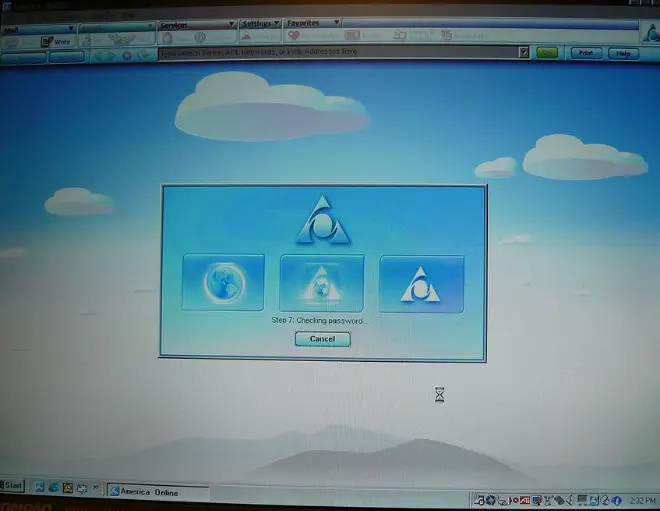
Boomers love to share the experience of waiting for dial-up internet to connect, a sound so nostalgic it practically transports them back to the late ’90s. They’ll often chuckle at the thought of how long it took to connect to the internet, and how they had to be patient—sometimes for minutes—while the connection was made. The excitement of finally being online was a monumental event, even if the internet was slower than a snail and limited to checking emails or visiting basic websites. For them, it was a rite of passage into the digital world, and they take pride in having experienced the early days of the internet, before Wi-Fi and high-speed connections were common.
Younger generations can’t imagine what it was like to have to deal with the snail-paced dial-up connection. To them, the idea of waiting for a website to load for five minutes is absurd. They’ve grown up with broadband, fiber-optic connections, and unlimited Wi-Fi. The world of dial-up is a far-off memory that they only hear about through stories. They can’t fathom the level of patience and persistence it took to use the internet back then. For Boomers, though, it was part of the fun—the anticipation of finally getting online, even if it meant sacrificing the phone line for a while. The younger crowd simply can’t relate to the sense of accomplishment that came with hearing that dial-up tone.
8. “We Didn’t Have All These Streaming Services!”
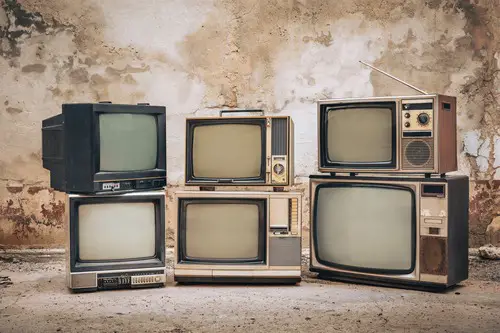
Boomers remember a time when TV shows were something you had to plan for. You couldn’t just watch anything at the touch of a button—you had to actually be there when your favorite show aired. There was a sense of excitement, knowing that you had to catch a specific episode or movie at a certain time. No DVR, no on-demand viewing, just pure, unadulterated anticipation. And if you missed an episode? Too bad—there was no “rewind” feature, and you had to wait for the rerun, if it even came. The experience of watching TV was more communal, a shared event with family or friends.
For younger generations, though, streaming services have completely changed the game. With platforms like Netflix, Hulu, and Disney+, they have a vast library of shows and movies at their fingertips, all available whenever they want. Binge-watching has become a way of life, and no one has to worry about missing a single episode. The idea of having to watch a show at a specific time and place seems archaic to them. They can’t fathom the thrill of waiting for a new episode or season to drop. To them, the concept of watching TV on a schedule feels foreign, and they might even find it hard to understand how anyone could have lived without streaming services.
9. “We Had to Use Payphones!”

Boomers can remember a time when payphones were the only way to make a phone call when you were out and about. They’ll tell stories of walking down the street, looking for a phone booth, and having to use a handful of change to make a quick call. If you didn’t have a quarter or two, you were out of luck. Payphones were a crucial part of their world, and using them became second nature. They pride themselves on having mastered this old-school technology, knowing how to find a booth, insert the change, and have a conversation with someone in another location.
Younger generations, on the other hand, have likely never used a payphone in their lives. They’ve grown up with cellphones, which are always in their pockets, ready to make a call at a moment’s notice. The idea of needing to search for a payphone seems absurd to them. They can’t understand why anyone would have to rely on a coin-operated phone when they have a smartphone that can connect them to anyone in an instant. For Boomers, though, payphones represented independence in a world where you had to carry your own quarters and know where the nearest phone booth was. It was a different time, but one they look back on fondly.
10. “We Had to Write Letters!”

Boomers fondly remember the days when letters were the primary form of communication, especially with people who lived far away. They had to sit down, write out a message by hand, and then mail it off, waiting days or weeks for a response. Writing a letter was a thoughtful, personal way to connect with someone, and there was something incredibly satisfying about receiving a handwritten note in the mail. In a way, it was a ritual that required time and effort, making each message feel more meaningful. Boomers often brag about how much effort they put into staying in touch with loved ones through this slow but personal method.
For younger generations, however, letter-writing feels like a lost art. They have grown up with texting, instant messaging, and email, and the thought of sitting down to write a letter by hand seems like a waste of time. They don’t understand the patience required to wait for a letter to arrive in the mail or the joy of opening an envelope to see someone’s handwriting. To them, digital communication is quicker, easier, and more efficient. While Boomers see letter-writing as a beautiful tradition, younger folks view it as outdated, with no place in the fast-paced, instant-gratification world they live in.
11. “We Had to Use a Camera with Film!”
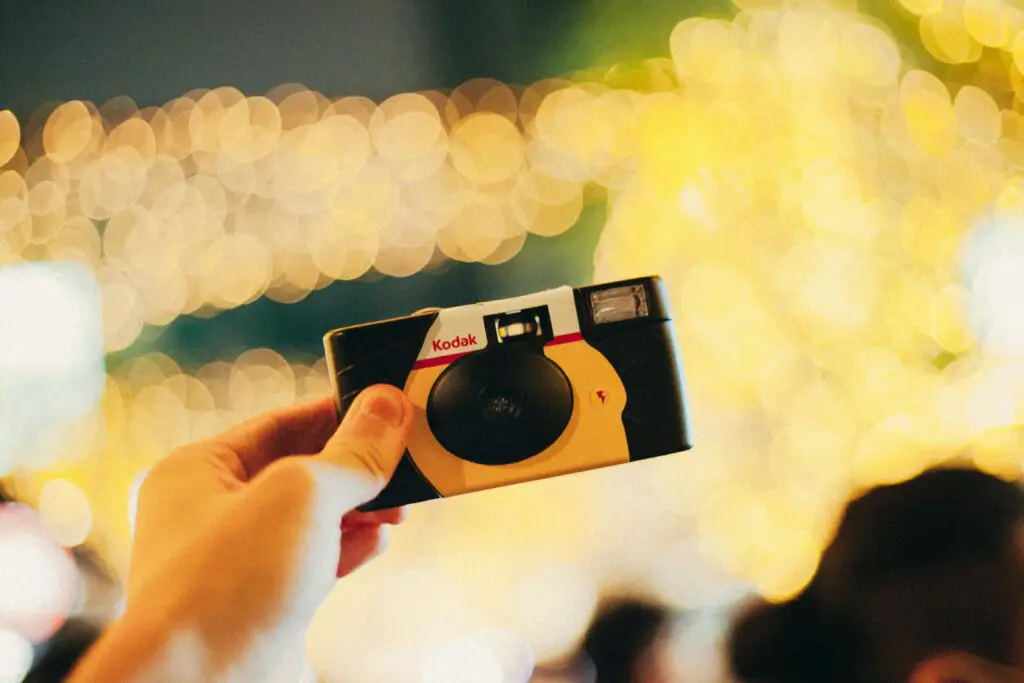
Boomers will often tell stories about their first cameras, and how you had to carefully load the film, take the pictures, and then wait to get them developed. No instant gratification—every shot had to be well thought out because you couldn’t just delete a blurry picture or snap an endless number of photos. They love to share how much more meaningful their photos were because they had to be selective with each shot, knowing that film rolls weren’t cheap. The process of waiting days or even weeks to see the results of their efforts only added to the anticipation, and it created a sense of accomplishment when they finally got their prints back.
For younger generations, though, the concept of using film feels like an ancient relic. With digital cameras and smartphones, they can take thousands of pictures without thinking twice about it. If they don’t like a shot, they can just delete it and try again. There’s no waiting period or excitement in seeing a photo develop in front of their eyes. They can view their pictures instantly and share them with friends in real-time. The slow, deliberate nature of film photography is completely lost on them, and they can’t quite understand why someone would want to go through all that effort when digital images are so convenient. But for Boomers, it was part of the charm of photography.
12. “We Had to Wait for the TV to Warm Up!”

Another fun bit of nostalgia for Boomers is the memory of the old television sets that took a while to warm up before they could show anything. They’ll laugh about how you had to turn the TV on, wait for the picture to come in, and often deal with static or interference before you could finally watch your favorite show. It wasn’t instant like it is today; it was part of the charm, a ritual of anticipation. For them, that extra waiting time added to the experience of watching TV, and it’s something they still look back on fondly. Even the sound of the TV buzzing to life is a memory they cherish, a reminder of how far technology has come.
For younger generations, however, the idea of waiting for the TV to warm up is baffling. Modern televisions turn on instantly, with high-definition clarity right from the start. They can’t imagine having to deal with the static, fuzzy images, or the sound of a television warming up. The concept of “prepping” a TV to watch something seems as foreign as dial-up internet or payphones. To them, a TV is something that just works the moment it’s turned on, without any delay or fuss. For Boomers, though, the anticipation of waiting for the screen to clear was part of the joy, something they see as an endearing part of their childhood that younger people will never fully understand.
